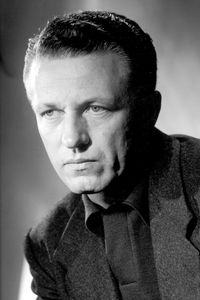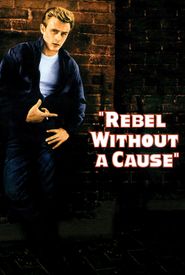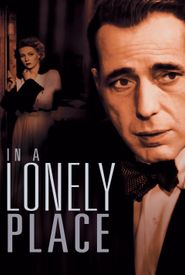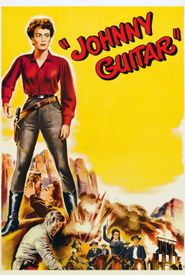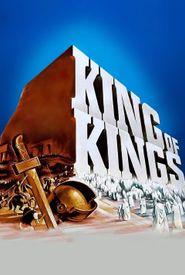Here is the biography of Nicholas Ray:
Nicholas Ray was born Raymond Nicholas Kienzle in 1911 in Galesville, Wisconsin, to Lena (Toppen) and Raymond Joseph Kienzle, a contractor and builder. He was of German and Norwegian descent. Ray's early experience with film came with some radio broadcasting in high school.
He left the University of Chicago after a year, but made such an impression on his professor and writer Thornton Wilder that he was recommended for a scholarship with Frank Lloyd Wright, where he learned the importance of space and geography.
Ray's career in film began with his work in the radical theater, where he met his good friend Elia Kazan, and later the Group Theatre. He was active in the Socialist/Communist movement, which went unnoticed during the Red Scare.
In 1937, Ray was put in charge of local theater activities by the Department of Agriculture's Resettlement Administration and moved to Washington with his wife Jean Evans, who was pregnant with his first child, Anthony. He also traveled around the south and recorded folk musicians for the Library of Congress.
Ray soon met John Houseman, who would become a very close friend. Houseman asked Ray to produce shows for the Overseas Branch of the Office of War Information, which ended quickly due to political pressures.
In the 1940s, Ray worked as an assistant to Elia Kazan on the film "A Tree Grows in Brooklyn" and made his live TV debut with "Sorry, Wrong Number." He also worked on the screenplay for "Thieves Like Us" and directed "They Live by Night," which impressed Humphrey Bogart, who invited Ray to direct his first independent production, "Knock on Any Door."
Ray's subsequent films at RKO were less successful, including "Born to Be Bad" and "Flying Leathernecks." However, he did make some memorable films, including "On Dangerous Ground" and "The Lusty Men."
In 1954, Ray wrote a treatment for "The Blind Run," which became the basis for his most popular and influential film, "Rebel Without a Cause." He worked with James Dean on the film, which was a critical and commercial success.
Ray continued to make films throughout the 1950s, including "Bigger Than Life," which is considered his masterpiece, and "Wind Across the Everglades," which was marked by health problems.
In the 1960s, Ray was invited to make two big-budget films in Spain, "King of Kings" and "55 Days at Peking," but his health began to decline, and he suffered a heart attack. He did not direct again until the 1970s, when he made a satirical porn short, "Wet Dreams," and a documentary-fiction film, "We Can't Go Home Again," with the help of his friend Wim Wenders.
Ray died on June 6th, 1979, of lung cancer, but before his death, he left the world some of the most painfully realized and contemporary motion pictures ever put on celluloid.
